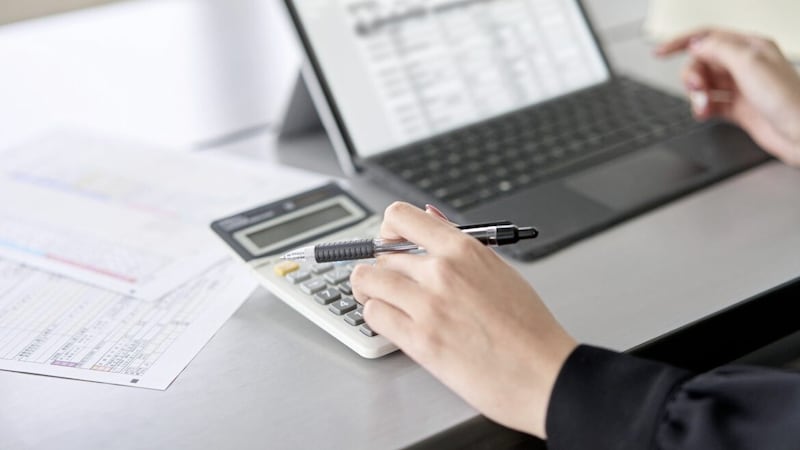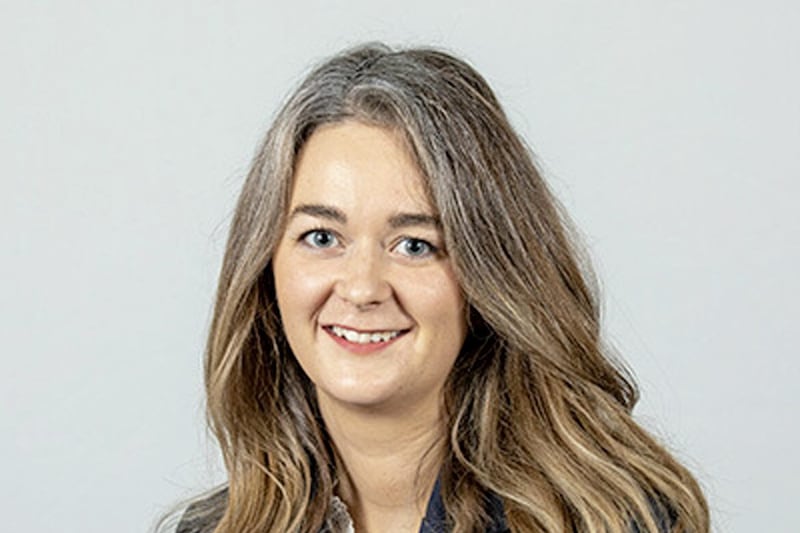QUESTION: I have been operating my business as a sole trader for many years and I prepare my accounts each year to December 31. My accountant has told me that there are new rules coming in which will change the time period used to work out my taxable profits. Can you explain these?
ANSWER: Currently, sole traders and partnerships calculate their taxable profits based on their accounting period which can end at various points during the tax year. However, from tax year 2024/25, sole traders and partnerships will pay income tax based on the profits earned during that tax year.
This change will impact sole traders and partnerships with an accounting period end date that falls outside March 31 and April 5 and new businesses that begin operating from April 6 2024.
From April 2024 many sole traders and partnerships will be taxed on profits calculated over a different time period to their accounting year.
This is because new basis period reform rules are being introduced which mean all self-employment and partnership profits will be taxed on a tax year basis. The 2023/24 tax year is a transitional year and so there are transitional rules to ensure that all relevant businesses are ready to move onto the tax year basis from April 6 2024.
There are two ways basis period reform may affect your tax position in the 2023/24 tax year.
Firstly, any overlap relief must be claimed for the 2023/24 tax year or it will be lost forever. You may have unused overlap relief if you don’t have a April 5 accounting year-end or you have changed accounting period.
Secondly, in 2023/24, the transitional rules mean that you will be taxed on profits for the period beginning on the day after the end of your last accounting period which was taxed in the 2022/23 tax year and ending on April 5 2024.
For example, if your accounting year ends on December 31 then for the 2022/23 tax year you will have been taxed on your profits for the period January 1 2022 to December 31 2022. The transitional rules mean that in the 2023/24 tax year you will be taxed on profits for the period January 1 2023 - April 5 2024.
This can result in profits being calculated for a period longer than 12 months. So, any available overlap relief should be used to reduce the amount of taxable profits in the transitional period and, depending on individual circumstances, it may also be possible to spread some of the profits, so they are taxed over the 2023/24 - 2027/28 tax years.
In some cases, it may prove beneficial to change your accounting year-end to either March 31 or April 5 to make the move to reporting profits on a tax year basis more straightforward. You do not have to change your accounting year end but if you don’t then you will still need to report your profits to HMRC on a tax year basis.
As you can see there are some big changes for many sole traders and partnerships from the 2023/24 tax year onwards. The changes under basis period reform will be complicated for some businesses and it will be important to speak with your accountant to understand the impact it will have on your tax reporting and tax payments.
Malachy McLernon (m.mclernon@fpmaab.com) is partner at FPM Accountants Ltd (www.fpmaab.com). The advice in this column is specific to the facts surrounding the question posed. Neither the Irish News nor the contributors accept any liability for any direct or indirect loss arising from any reliance placed on replies








